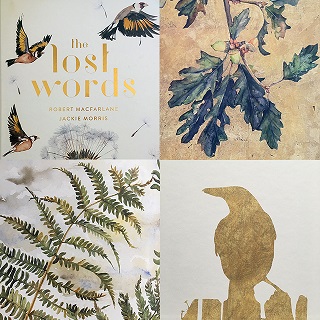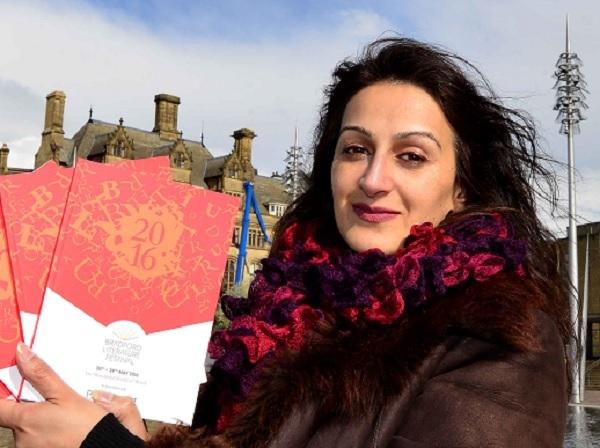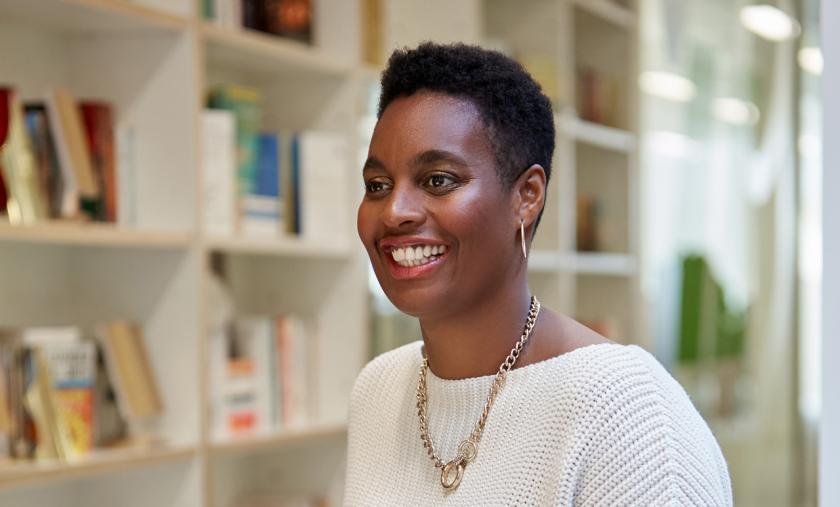If history repeats itself, better hope that it corrects its mistakes as well. This year’s nominations for the h100 awards in publishing and writing reflect the welcome drive towards diversity and inclusion among Britain’s wordsmiths and the various agencies that give a platform to their work. However, we have been here before – whether with women’s writing, black and other minority voices, working-class expression, or literature in translation. In the Sixties and Seventies, an earlier generation of innovators also sought to storm the literary citadels.
Some of those courageous trail-blazers (such as the pioneer publisher and editor Margaret Busby) are still as active as ever. Sadly, though, the suit-led corporate mentality of the Eighties and beyond halted much of this progress. As we celebrate the achievements of this remarkable bunch, we need to make sure that the always-febrile economics of the word business – and the endemic insecurity which means that often only the already-privileged survive – don’t make this another heart-breaking tale of hope deferred.
Among our nominees, Sharmaine Lovegrove has built on the legacy of Margaret Busby and others to create and develop Dialogue Books. Dedicated to inclusivity, and a separate imprint within Little, Brown, Dialogue will not simply wait for gifted BAME authors to turn up via the usual, frequently blocked channels. It will go out to discover and nurture fresh talent in the places where traditional agents and publishers seldom bother to look.
An ever-growing band of resourceful indie outfits help to ensure that British readers have access to top-quality fiction in translation from around the world
“Inclusivity” must also mean a publishing industry that offers fair, professional conditions to staff rather than depending on the services of gilded youth from more-than-comfortable backgrounds. Writer and editor Aki Schilz, founder of The Literary Consultancy and promoter of new voices through the Bridport Prize and Creative Future Literary Awards, now also campaigns to level the playing-field through the #BookJobTransparency initiative. Another of the h100 nominees, Kit de Waal, has not only told the stories of often-marginalised folk in her acclaimed novels, My Name Is Leon and The Trick to Time. Birmingham-raised, of Irish and Caribbean heritage, she has worked tirelessly to improve access to the literary scene for others – not least by establishing a creative-writing scholarship at Birkbeck, University of London.
Other writers nominated have helped to set the terms of national debate. Reni Eddo-Lodge, author of the widely influential Why I’m No Longer Talking to White People about Race, won the British Book Award for Narrative Non-fiction this year. Impassioned and eloquent, her analytical and polemical essay has become one of those touchstone titles that not only captures the climate of a time, but plays a role in changing it. In another medium, Deborah Frances-White has gained almost 40 million downloads for her comedy podcast The Guilty Feminist. Now a regular live event as well, her spiky and witty exploration of feminist dilemmas, discussions and disputes has hit the sweet spots – and the sore spots – of a huge and enthusiastic public.
 Already a renowned writer about nature and place, Robert Macfarlane broke new ground with The Lost Words, his collaborative project with artist Jackie Morris. Their beautiful, evocative book (pictured right) celebrates the language of the natural world that an urban society stands in danger of losing. They have also adapted The Lost Words into an educational resource, with a series of events for schools and communities that aim to enrich the vocabulary, and the experience, of town and country mice alike. Another successful writer who gives back, in a big way, is bestselling novelist Jojo Moyes, author of Me Before You. When The Reading Agency lost core funding for its Quick Reads project, this venture that invites reluctant readers to share the wonder of books through brief stories by famous names looked likely to close. A personal commitment by Moyes, herself a Quick Reads contributor, will guarantee that its work continues, while she takes on an ambassadorial role for the scheme.
Already a renowned writer about nature and place, Robert Macfarlane broke new ground with The Lost Words, his collaborative project with artist Jackie Morris. Their beautiful, evocative book (pictured right) celebrates the language of the natural world that an urban society stands in danger of losing. They have also adapted The Lost Words into an educational resource, with a series of events for schools and communities that aim to enrich the vocabulary, and the experience, of town and country mice alike. Another successful writer who gives back, in a big way, is bestselling novelist Jojo Moyes, author of Me Before You. When The Reading Agency lost core funding for its Quick Reads project, this venture that invites reluctant readers to share the wonder of books through brief stories by famous names looked likely to close. A personal commitment by Moyes, herself a Quick Reads contributor, will guarantee that its work continues, while she takes on an ambassadorial role for the scheme.
In the publishing sector, an ever-growing band of resourceful indie outfits help to ensure that British readers have access to top-quality fiction in translation from around the world. Translator-turned-publisher Stefan Tobler has already made a success of the subscription model of his imprint And Other Stories. During 2018, to mark the centenary year of women’s suffrage in the UK, he decided only to publish female authors. On another front, the Sheffield-based And Other Stories has also created a prize for writers based in the North. Further north still, Charco Press of Edinburgh launched with brief to publish the best in contemporary Latin American fiction. Already the imprint, set up by Samuel McDowell and Carolina Orloff, has given an English-language home to some of the brightest emerging talents from the continent – such as Ariana Harwicz from Argentina and Julián Fuks from Brazil.  Another side of the UK book world that would benefit from a shot of genuine diversity is the festival scene. No one has done more to make that happen than Syima Aslam (pictured above), director of the Bradford Literature Festival. Within four years, she and her colleagues have turned Bradford into an unmissable summer hub of debate and performance – an eclectic festival rooted in the communities of the city, and of Yorkshire, but truly global in its reach and range. Together, our ten nominees prove that game-changing creativity can flourish not only in the words on the page, but in all the frames and formats that connect writers to readers. This time round, let’s not lose the plot.
Another side of the UK book world that would benefit from a shot of genuine diversity is the festival scene. No one has done more to make that happen than Syima Aslam (pictured above), director of the Bradford Literature Festival. Within four years, she and her colleagues have turned Bradford into an unmissable summer hub of debate and performance – an eclectic festival rooted in the communities of the city, and of Yorkshire, but truly global in its reach and range. Together, our ten nominees prove that game-changing creativity can flourish not only in the words on the page, but in all the frames and formats that connect writers to readers. This time round, let’s not lose the plot.















Add comment